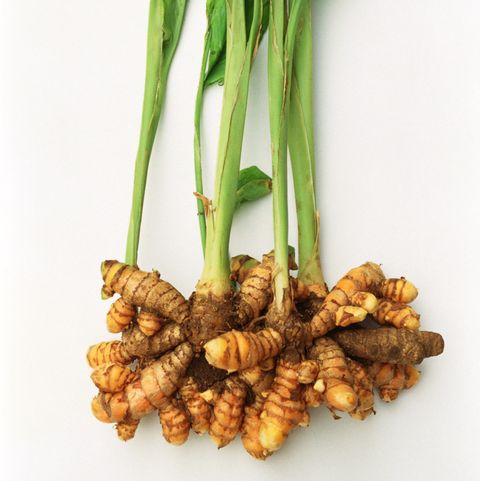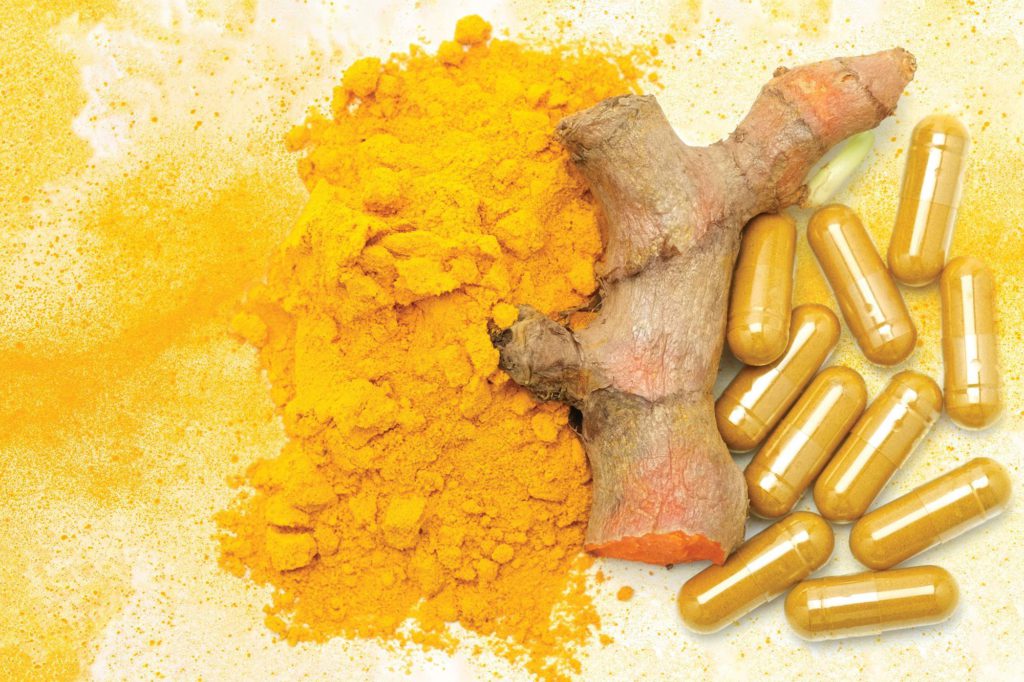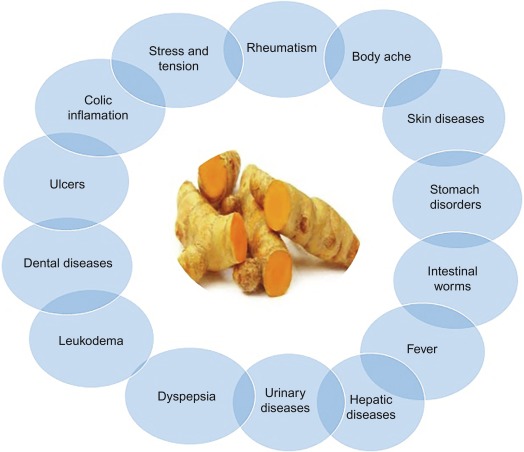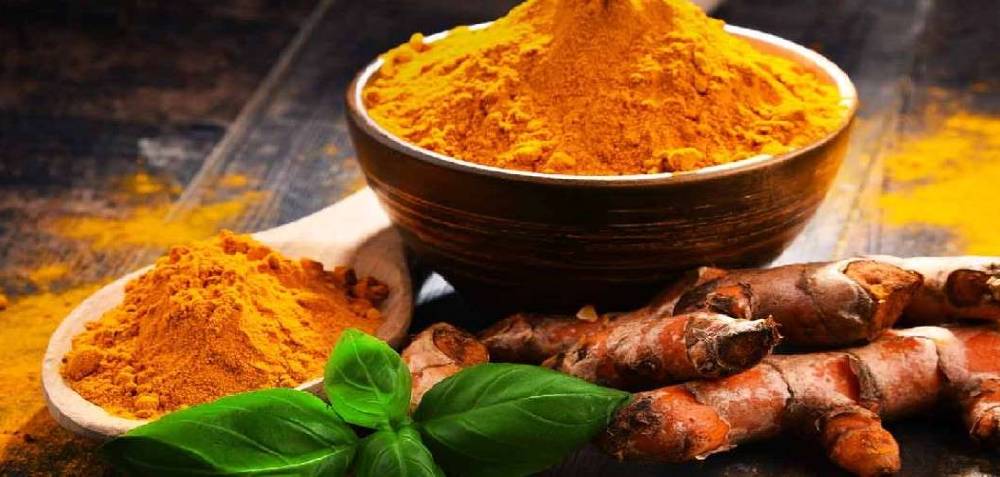“The taste of your life depends on the spices you used to brew it.”
Turmeric, originating from India, reached the coast of China in ad 700 and reached East Africa 100 years later and West Africa 500 years later. Arab traders were instrumental in spreading the plant to the European continent in the thirteenth century.
India produces nearly all the world’s turmeric crop and consumes 80% of it. With its inherent qualities and high content of the important bioactive compound curcumin, Indian turmeric is the best in the world. Erode, a city in the South Indian state of Tamil Nadu, is the world’s largest producer of and the most important trading center for turmeric. It is also known as “Yellow City,” “Turmeric City,”

Turmeric is a spice that comes from the turmeric plant. It is commonly used in Asian food. You probably know turmeric as the main spice in curry. It has a warm, bitter taste and is frequently used to flavor or color curry powders, mustards, butter, and cheeses. But the root of turmeric is also used widely to make medicine. It contains a yellow-colored chemical called curcumin, which is often used to color foods and cosmetics.
Uses & Effectiveness
Turmeric is commonly used for conditions involving pain and inflammation, such as osteoarthritis. It is also used for hay fever, depression, high cholesterol, a type of liver disease, and itching. Some people use turmeric for heartburn, thinking and memory skills and many other conditions.
Insufficient Evidence for
- Diabetes.
- Indigestion (dyspepsia).
- Muscle soreness caused by exercise.
- A mild form of gum disease (gingivitis).
- Joint pain.
- Swelling (inflammation) and sores inside the mouth (oral mucositis).
- Skin damage caused by radiation therapy (radiation dermatitis).
- Tuberculosis.

Special Precautions & Warnings:
- Pregnancy and breast-feeding:
Gallbladder problems: - Bleeding problems: Taking turmeric might slow blood clotting. This might increase the risk of bruising and bleeding in people with bleeding disorders.
- Diabetes: Curcumin, a chemical in turmeric, might decrease blood sugar in people with diabetes. Use with caution in people with diabetes as it might make blood sugar too low.
- Infertility: Turmeric might lower testosterone levels and decrease sperm movement when taken by mouth by men. This might reduce fertility. Turmeric should be used cautiously by people trying to have a baby.
- Iron deficiency: Taking high amounts of turmeric might prevent the absorption of iron. Turmeric should be used with caution in people with iron deficiency.
- Surgery: Turmeric might slow blood clotting. It might cause extra bleeding during and after surgery. Stop using turmeric at least 2 weeks before a scheduled surgery.
Taking turmeric along with medications that also slow clotting might increase the chances of bruising and bleeding. Some medications that slow blood clotting include aspirin, (Advil, Motrin, warfarin, and others.
Dosing: Too much of anything is good for nothing. Exceeding 1 gram per day.
Proven Health Benefits of Turmeric and Curcumin

- Curcumin is the main active ingredient in turmeric. It has powerful anti-inflammatory effects and is a strong antioxidant.
- It helps your body fight foreign invaders and has a role in repairing the damage.
- Curcumin boosts levels of the brain hormone BDNF, which increases the growth of new neurons and fights various degenerative processes in your brain.
- Curcumin may help prevent cancer.
- Arthritis is a common disorder characterized by joint inflammation.
Turmeric and especially its most active compound curcumin have many scientifically proven health benefits.

